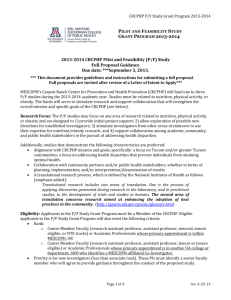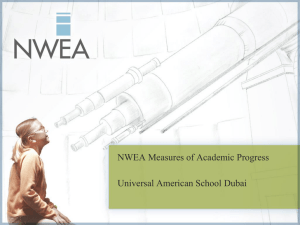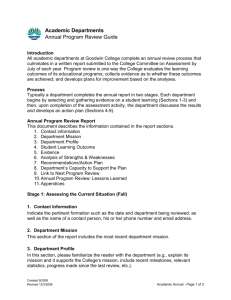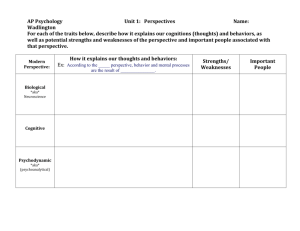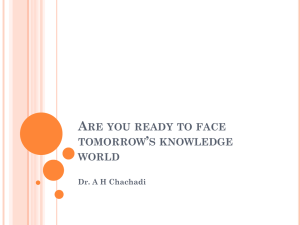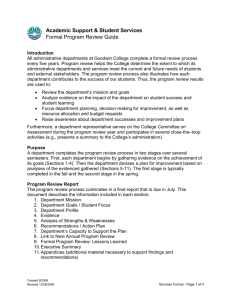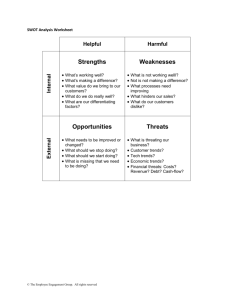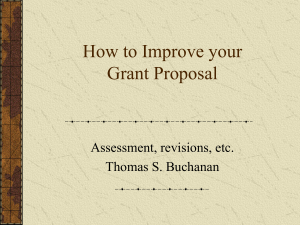Learn More About the ACVS Research Committee`s Grant
advertisement
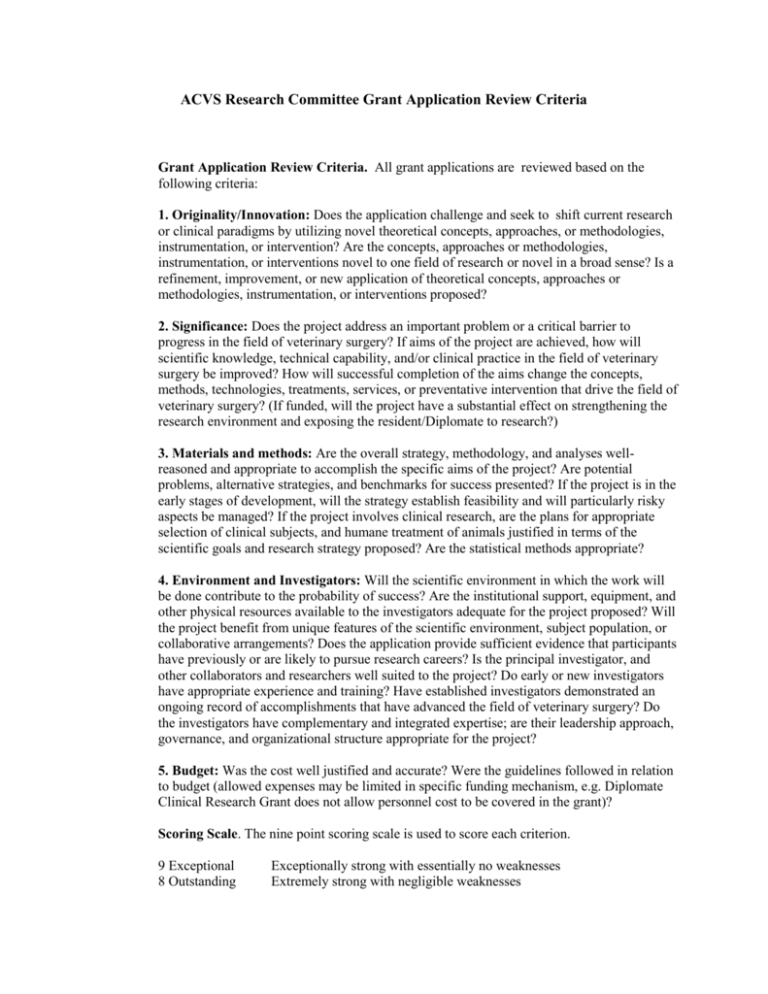
ACVS Research Committee Grant Application Review Criteria Grant Application Review Criteria. All grant applications are reviewed based on the following criteria: 1. Originality/Innovation: Does the application challenge and seek to shift current research or clinical paradigms by utilizing novel theoretical concepts, approaches, or methodologies, instrumentation, or intervention? Are the concepts, approaches or methodologies, instrumentation, or interventions novel to one field of research or novel in a broad sense? Is a refinement, improvement, or new application of theoretical concepts, approaches or methodologies, instrumentation, or interventions proposed? 2. Significance: Does the project address an important problem or a critical barrier to progress in the field of veterinary surgery? If aims of the project are achieved, how will scientific knowledge, technical capability, and/or clinical practice in the field of veterinary surgery be improved? How will successful completion of the aims change the concepts, methods, technologies, treatments, services, or preventative intervention that drive the field of veterinary surgery? (If funded, will the project have a substantial effect on strengthening the research environment and exposing the resident/Diplomate to research?) 3. Materials and methods: Are the overall strategy, methodology, and analyses wellreasoned and appropriate to accomplish the specific aims of the project? Are potential problems, alternative strategies, and benchmarks for success presented? If the project is in the early stages of development, will the strategy establish feasibility and will particularly risky aspects be managed? If the project involves clinical research, are the plans for appropriate selection of clinical subjects, and humane treatment of animals justified in terms of the scientific goals and research strategy proposed? Are the statistical methods appropriate? 4. Environment and Investigators: Will the scientific environment in which the work will be done contribute to the probability of success? Are the institutional support, equipment, and other physical resources available to the investigators adequate for the project proposed? Will the project benefit from unique features of the scientific environment, subject population, or collaborative arrangements? Does the application provide sufficient evidence that participants have previously or are likely to pursue research careers? Is the principal investigator, and other collaborators and researchers well suited to the project? Do early or new investigators have appropriate experience and training? Have established investigators demonstrated an ongoing record of accomplishments that have advanced the field of veterinary surgery? Do the investigators have complementary and integrated expertise; are their leadership approach, governance, and organizational structure appropriate for the project? 5. Budget: Was the cost well justified and accurate? Were the guidelines followed in relation to budget (allowed expenses may be limited in specific funding mechanism, e.g. Diplomate Clinical Research Grant does not allow personnel cost to be covered in the grant)? Scoring Scale. The nine point scoring scale is used to score each criterion. 9 Exceptional 8 Outstanding Exceptionally strong with essentially no weaknesses Extremely strong with negligible weaknesses 7 Excellent 6 Very Good 5 Good 4 Satisfactory 3 Fair 2 Marginal 1 Poor Very strong with only some minor weaknesses Strong but with numerous minor weaknesses Strong but with at least one moderate weakness Some strengths, but also some moderate weaknesses Some strengths, but with at least one major weakness A few strengths and a few major weaknesses Very few strengths and numerous major weaknesses
